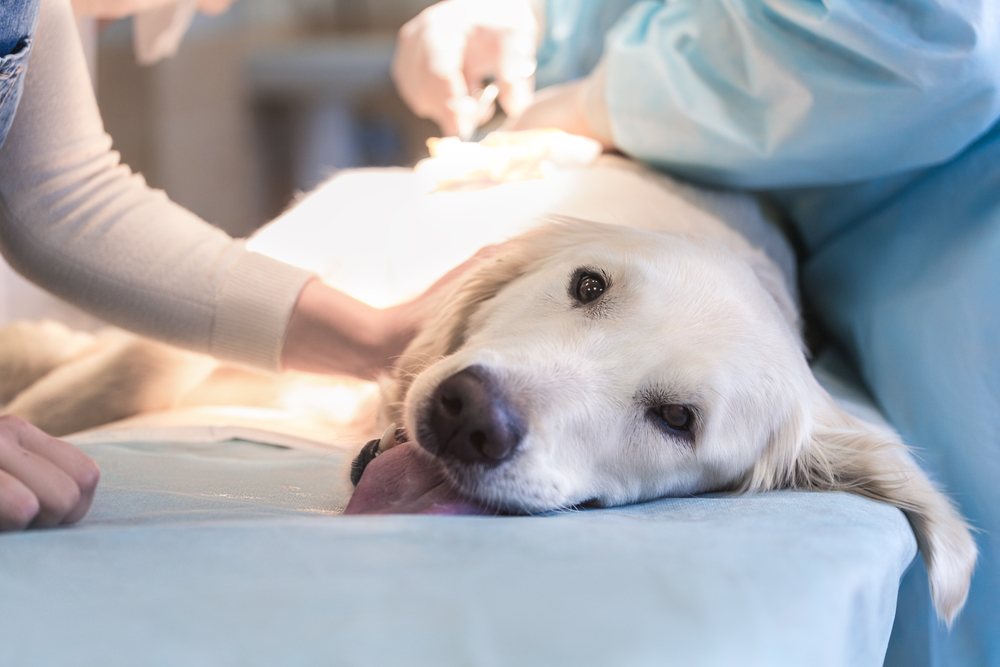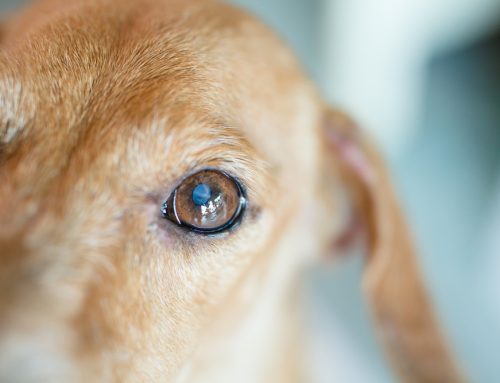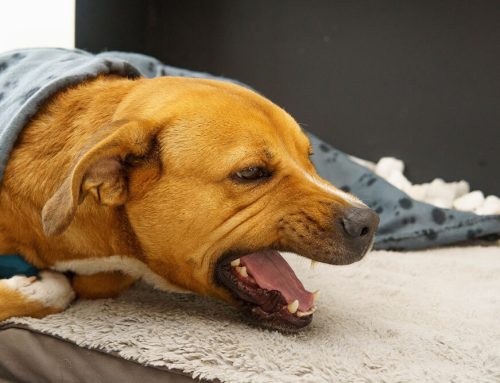At Boca Midtowne Animal Hospital, we understand that learning your pet needs surgery—whether it’s a routine spay or a more involved procedure—can bring a mix of emotions. It’s completely natural to feel uncertain or anxious. That’s why we’re here: to guide you through every step with clarity, compassion, and trusted medical care. Our team is committed to helping you feel informed, supported, and confident as we work together to ensure the best possible outcome for your pet.
Why Pet Surgery May Be Necessary
Surgery often plays a critical role in either preventing future health issues or resolving urgent medical concerns. From elective procedures like spaying and neutering to emergency interventions like foreign body removal, each type of surgery serves a specific and valuable purpose in your pet’s long-term health and comfort.
Common Surgeries We Perform
Spaying and Neutering: Preventive Care That Lasts a Lifetime
Spaying (for females) and neutering (for males) are among the most commonly performed—and most beneficial—surgeries in veterinary medicine.
- Health Benefits: Spaying reduces the risk of uterine infections and mammary tumors, while neutering helps prevent testicular cancer and certain prostate issues.
- Behavioral Benefits: These procedures also reduce roaming, aggression, and other hormone-driven behaviors.
- More Info: Spay or Neuter Resources – AAHA
Tumor Removal: Addressing Lumps with Care
Finding a lump on your pet can be concerning, but not all masses are malignant. Early evaluation is key.
- Evaluation: We may recommend a biopsy, fine needle aspirate, or imaging to assess the mass.
- Surgical Removal: Depending on size, location, and diagnosis, we may recommend surgical excision with appropriate post-op monitoring.
- Learn More: Types of Cancer in Pets – AAHA
Intestinal Obstruction Surgery: When Pets Swallow the Wrong Thing
Dogs and cats often explore the world with their mouths—which sometimes leads to swallowed toys, bones, or string.
- Urgent Symptoms: Vomiting, abdominal pain, lack of appetite, or lethargy.
- Surgical Solution: When imaging confirms a blockage, surgery may be needed to remove the object and prevent complications like tissue damage or perforation.
- Further Reading: Gastrointestinal Foreign Body Obstruction – Cornell Vet
Cruciate Ligament Repair: Restoring Mobility in Active Pets
Cruciate ligament injuries are one of the most common causes of lameness in dogs, similar to ACL injuries in humans.
- Common Signs: Limping, favoring one leg, or stiffness after rest.
- Surgical Techniques: We offer advanced options like TPLO (Tibial Plateau Leveling Osteotomy) and lateral suture stabilization.
- Explore Options: TPLO Info
Dental Extractions: Managing Advanced Oral Disease
Dental health affects more than just your pet’s breath—left untreated, dental disease can lead to infection, pain, and systemic illness.
- Why Extraction May Be Needed: Severe periodontal disease, tooth fractures, or retained baby teeth.
- Prevention: Regular cleanings and exams help catch problems early.
- Learn More: Diagnosis and Treatment of Fractured Teeth – Today’s Veterinary Practice
Preparing for Surgery: What to Expect
Before Surgery
- Pre-Surgical Exam & Testing: Includes a full physical and bloodwork to ensure your pet is healthy for anesthesia.
- Fasting Guidelines: We’ll let you know when to withhold food or medication.
- Comfort Planning: Bring a favorite toy or blanket to help ease stress on surgery day.
On Surgery Day
- Drop-off typically happens in the morning. We’ll keep you informed throughout the day and review post-op instructions before discharge.
Post-Operative Care: Supporting a Smooth Recovery
Your role at home is essential to your pet’s recovery. Here’s what to expect:
- Pain Management: We’ll provide medications to keep your pet comfortable and explain how to give them safely.
- Restricted Activity: Crate rest, leash walks only, or stairs avoidance may be necessary.
- Incision Monitoring: Watch for swelling, discharge, or chewing at sutures.
Diet and Hydration
Some pets may need a bland diet or smaller meals for the first few days. We’ll let you know if any special feeding instructions apply.
Recovery and Emotional Support
Surgery can disrupt your pet’s routine—and yours. Support recovery by:
- Creating a quiet, cozy resting space
- Keeping routines consistent
- Offering gentle reassurance, especially during medication or bandage changes

Frequently Asked Questions
How long will my pet be under anesthesia?
Most procedures range from 45 minutes to a few hours. Your pet will be carefully monitored the entire time.
Is anesthesia safe?
Yes. We follow strict protocols, and all patients are monitored by trained staff using advanced equipment.
When can my pet return to normal activity?
This depends on the type of surgery. We’ll provide a personalized timeline and check-in schedule.
Will my pet be in pain after surgery?
We take pain management seriously and will ensure your pet receives the appropriate medication to stay comfortable.
Your Trusted Partner in Surgical Care
At Boca Midtowne Animal Hospital, we are proud to offer advanced surgical care in a supportive, compassionate environment. Whether you’re planning a routine procedure or facing an unexpected diagnosis, we’re here to answer your questions, guide your decisions, and care for your pet as if they were our own.
Have questions or need to schedule a consultation? Contact our team today, explore our full list of veterinary services, or meet our Fear Free-certified team. We’re honored to be part of your pet’s health journey—before, during, and after surgery.








Leave A Comment